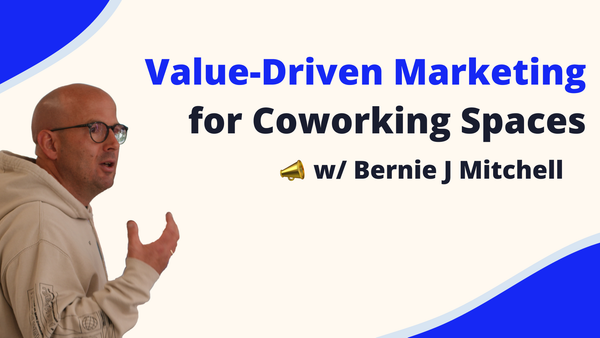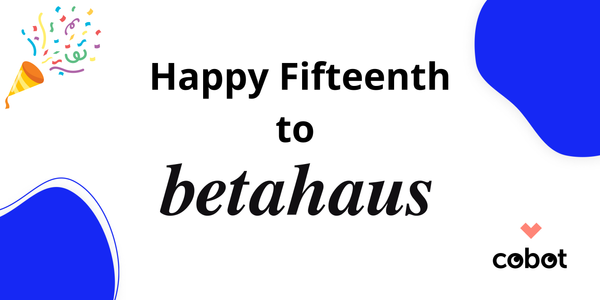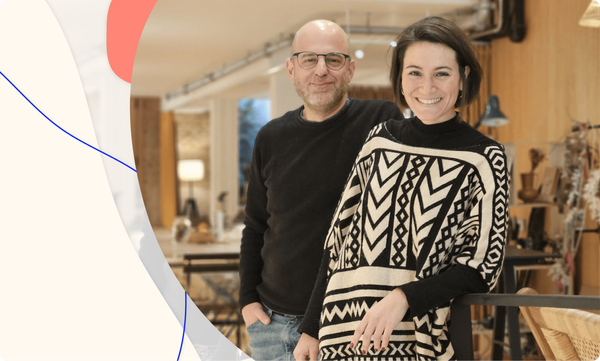Puedes leer este artículo en español aquí.
Before coworking was an industry everything was structured and parameterized, at a time when we kept asking ourselves what made a space a good coworking space, a group of people built what became known as the "coworking movement". One of the people who was part of this movement is Fernando Mendes who, for many people, is the father of coworking in Portugal.
I traveled to Lisbon to interview Fernando just after the sale of NOW_Beato to IDEA Spaces was made public. I knew it would be an atypical interview, and probably a bit chaotic, because when they did Fernando they broke the mold, but I think the occasion deserves it: one of the pioneers of coworking in Europe is leaving the industry (although maybe just for a while). If you're looking for an authentic and enriching insight rather than a conventional interview, you've come to the right place.
Fernando’s relationship with coworking actually began to develop much earlier than you might think. After being born and living in France until he was 11 years old, his family returned to Portugal. For him, it was a somewhat strange moment, “I had the feeling of having taken a trip back in time. When I saw children my age, they didn't behave like the children I had known: they were like small adults. I came from a French upbringing, I liked to swim and ride my bike and I didn't play soccer..... I had nothing to do with Portuguese culture.” This somewhat misplaced child, confused by what seemed to him at the time “a trip to the past”, became a young man who studied design and went through several companies until a time when he was already working as a freelance designer “although I had my life solved I wanted to create something that was mine”.
And it is at this moment, at the end of 2009, when the story of so many coworking pioneers repeats itself. While surfing the internet, he found a mention of the coworking concept and began to investigate.
That's my space. That's who I am, what I feel and what I do. It was something new and something that wasn't new at all.
“I went to tell Ana, Fernando continues”. Ana is Fernando's wife, his partner in crime, his biggest critic, and his best support. She is the one who, in Fernando's words, knows about business and who, if she had told him that it was crazy, the project would have died there in the same way that when she reviews Fernando's project she can cause him to change it from top to bottom.
It was simply bringing people together under one roof... and at the time it was revolutionary and still is: to have a space that is open to all people.
For Fernando, it was the opportunity to create something new, a project that was his own and that allowed him to stand in a corner and observe the chaos around him only intervening when the situation required it… which I'm beginning to think is very designer behavior. A coworking space would be a project that allowed him to capitalize on his ability to pacify groups that had been discovered by one of his bosses at a company where he had previously worked.
In those days I was in a group in a forum where they were talking about creating a coworking space in Lisbon but, he confesses, “I quickly understood that they would never create it: they were just talking about what color they would paint the walls and other things like that. Ana and I just went for it. Two months later, Coworking Lisboa opened its doors for the first time at Factory LX. The rest is history.
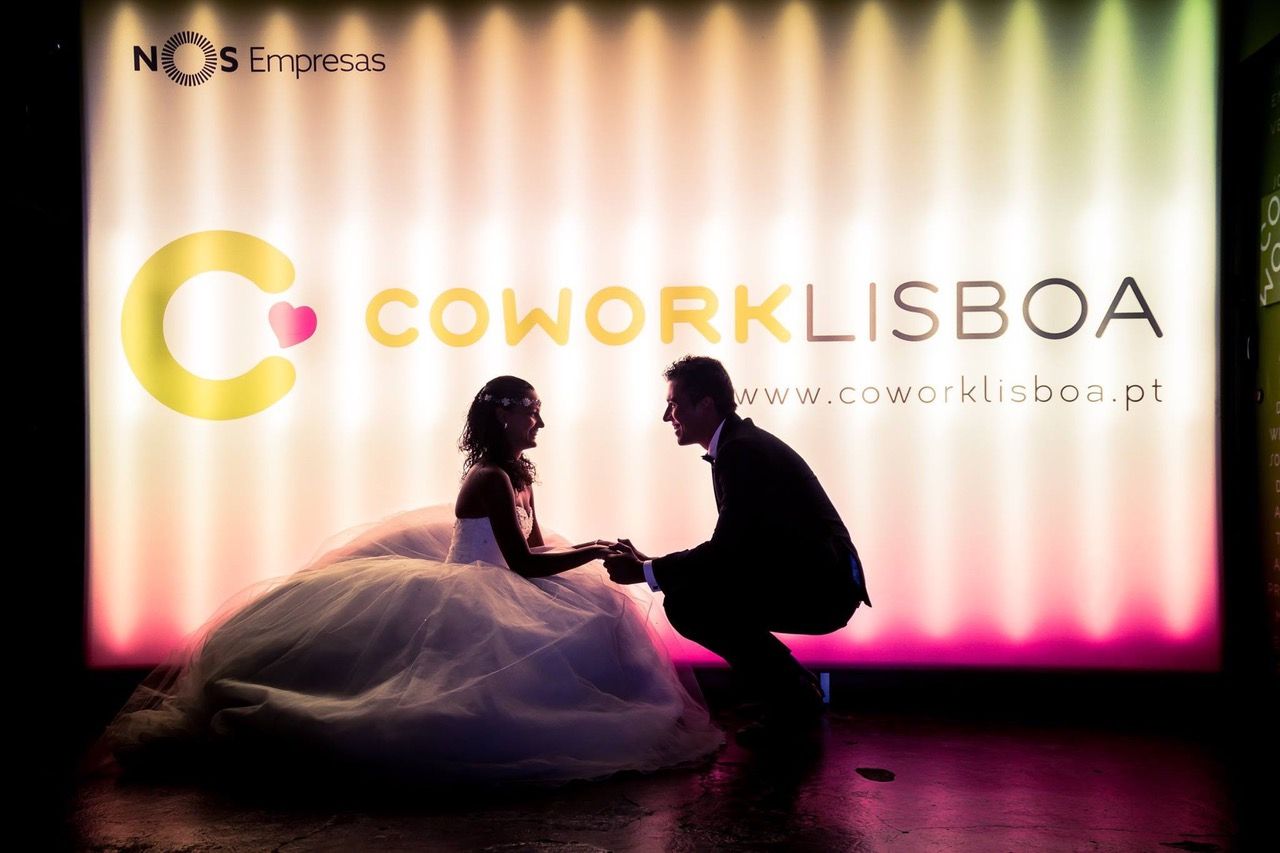
In those years Fernando learned things like the importance of the first members that join a space (something that in this series of articles I have never tired of repeating) since they become the reflection of what the words of the founders project when they talk about the space, they are its ambassadors. Whether you like it or not, they will mark the direction in which coworking will evolve (if you don't like it, you will have to row much more against the current to take the space to where you want to take it).
He also learned that each community is unrepeatable and that, no matter how hard you try, you never get a perfect clone: he tried it in 2016 and 2017 (in one of the attempts at the university where he works as a professor).
It was an absolute failure: a community cannot be replicated.
Cowork Lisboa, a project that, after two failed attempts, Fernando believed could not be replicated, was taking its courses when a proposal from some of Fernando's partners appeared on his desk: to create a coworking space that was more than a coworking space. How many times have we heard this? I've heard it more than I can count, but that didn't make me lose interest. What makes No Office Work different from the hundreds of coworking spaces that exist in Portugal?
“What we wanted was to create something similar to an incubator but not an incubator” Far from creating a space that would turn incubation into a service, and a business. What they were looking for was to help projects reach cruising altitude and from there be able to continue evolving on their own by giving them a little push.
Fernando immediately said yes: For him, it was a way of doing something that he had seen happen a thousand times in coworking spaces, albeit a bit more structured.
After two years of searching, a space that never came to be, and a pandemic NOW_Beato opened its doors. In that period of time that I have summarized in one sentence, a lot of things actually happened: Cowork Lisboa closed due to a 32% rent increase proposed by the owner, which was unaffordable for them. “We explained what was happening clearly to the members and closed the space” Ironically this was happening a month before the first pandemic lockdowns in early 2020.
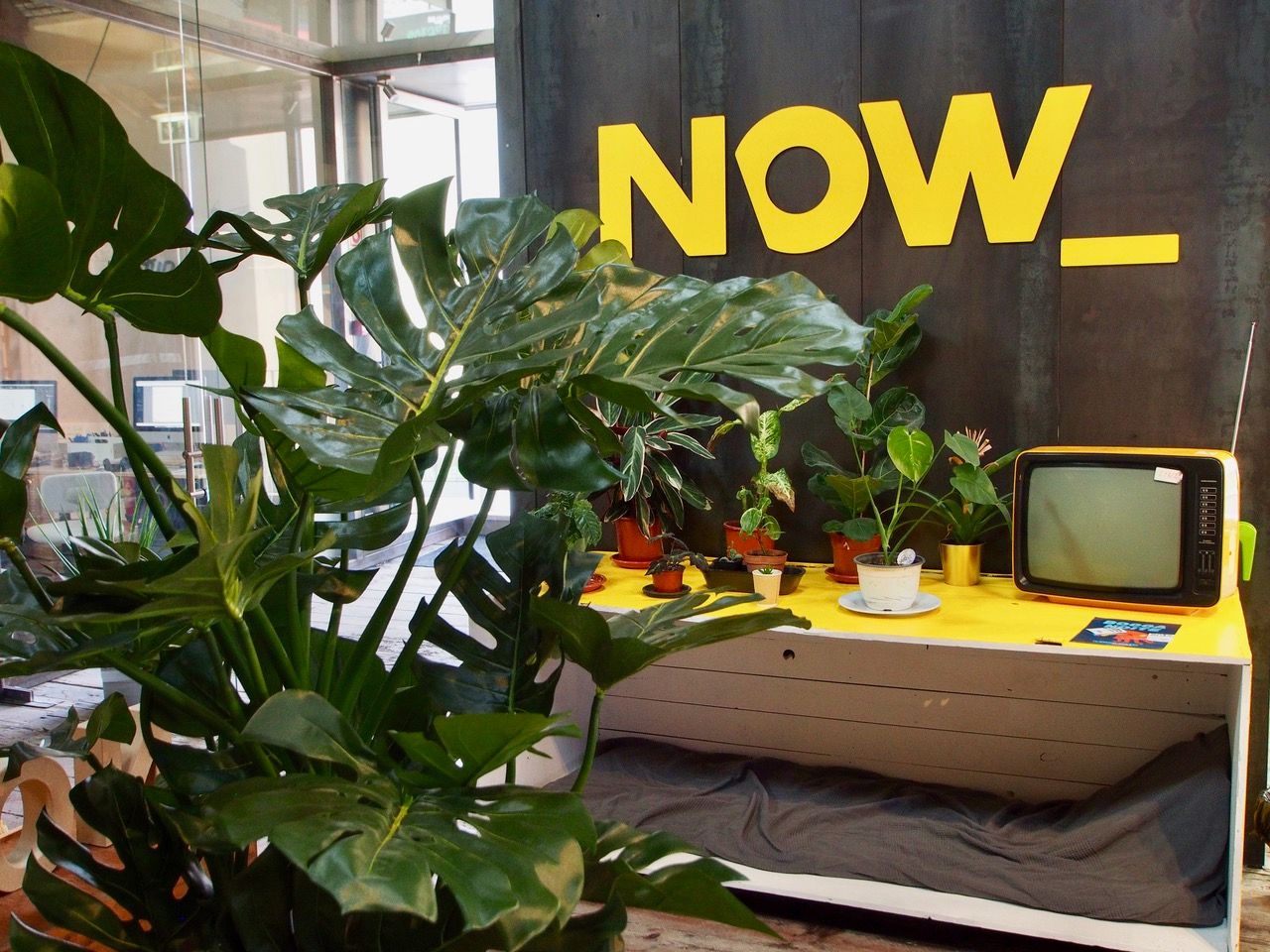
While Cowork Lisboa was closing, Fernando was still engaged in negotiating with a space they had found that was to be NOW's headquarters. Another learning from this interview that I would like you to take away is Fernando's reflection on the space he found in the first place to establish NOW: “After two years of the most absurd negotiations I decided that enough was enough, there was no point in discussing anymore. Every little detail had to be discussed with the property and from the outset a no. It just wasn't to be.” After a short time they stumbled upon the building that today is NOW_Beato's headquarters, and in a few months the space, which defines itself as a Creative Hub, opened its doors to freelancers and start-ups. The lesson is simple: if something is too difficult, if the other party does not give in and neither do you, if you see that there is immobility and that there is no clear will that materializes in real progress. Maybe it is not the place, the partner, or the time to develop your project in that space.
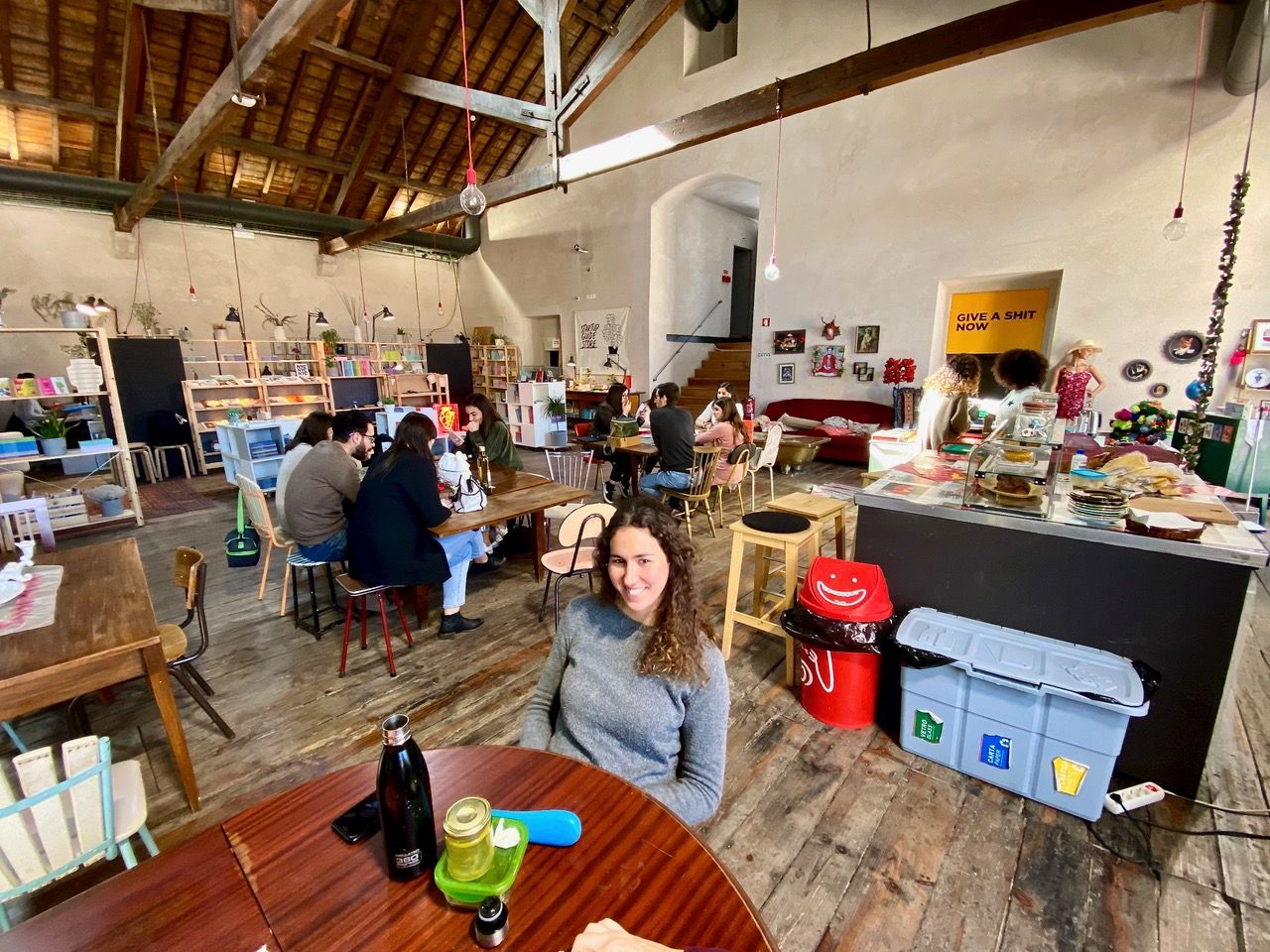
And so we come to the moment of the interview, a moment in which Fernando and Ana decide to sell NOW to João Simões, friend and CEO of IDEA Spaces. “It has not been a traumatic process because we are selling NOW to a friend. Everything is going to stay the same but with more technology.” Fernando comments. The reality is that some aspects of the transaction are surprising. Such as the fact that the Beato space, which at the time of the purchase, was to become the fifth IDEA Spaces hub did not adopt the IDEA brand, but kept the No Office Work brand. “One day I received an email from João and I called him: Sure, I'll pass you the corporate image files but… Why do you want it if the space will be called IDEA Spaces Beato?” Asked a bit surprised Fernando who was not prepared for the answer he was going to receive from João, and his humility and understanding of what he was acquiring: “We will keep the brand. It is a space with a different community, much more artistic, and we believe it should keep its character and therefore the brand”. Fernando had chosen well, who to sell NOW to.
If you do not know Fernando, you might think that coworking is a closed chapter for him. But not only he has something in mind, although he does not know very well what form it will take (which has not prevented him from sharing it) but also has an opinion on the current state of coworking that he also shared with me and certainly will not leave you indifferent.
End of part one.
Read part 2 here.
If you aren’t already using Cobot as your coworking management software, give it a go! You’ll find that our features can help you run your coworking space more effectively and grow your community. Just sign up for a free trial or a live demo session. And if you have questions, our support team is all ears!
Happy Coworking!

